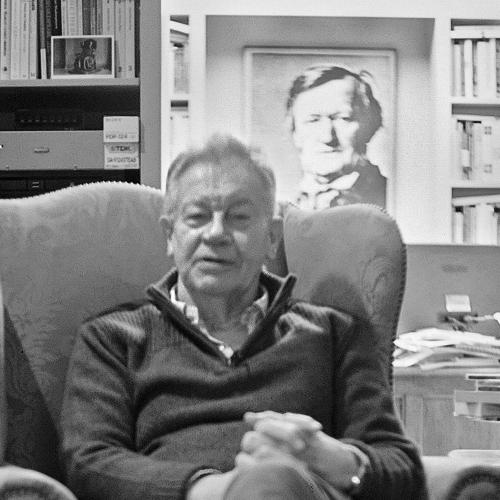COMPOSERS: Mozart
LABELS: Dynamic
ALBUM TITLE: Mozart
WORKS: Piano Concertos K413, K414, K415
PERFORMER: Andrea Bacchetti (piano); Orchestra di Padova e del Veneto/Carlo Goldstein
CATALOGUE NO: CDS 713
These three Concertos, K413 to K415, mark Mozart’s return to the medium after five years. In 1777 he had written the K271 Concerto in E flat, by far his finest work of any kind to date, and hardly surpassed by any of his later concertos. Still, in Vienna, in 1782, he wrote these three works for himself to play, famously writing to his father: ‘There are passages from which only connoisseurs can derive satisfaction; but these passages are written in such a way that the less learned cannot fail to be pleased without knowing why.’
This is the first time I have heard Andrea Bacchetti in concerted music, indeed in anything other than JS Bach, whom he plays incomparably. Why he never performs in the UK is an utter mystery. These three concertos, loveable and brilliant as they are, hardly engage his powers, either of heroic pianism or penetration, to the full. But he shows himself to be fully able to converse, as it were, with the admirable Orchestra of Padua and the Veneto; and Carlo Goldstein, their conductor, ensures they respond to his elegant eloquence with equal warmth and sensitivity. Mozart’s K415 is, for me, the finest of these works, and I have never heard a performance that so completely realises its charm without attempting to import any spurious grandeur – always a risk with Mozart’s large works in C major.
Michael Tanner
